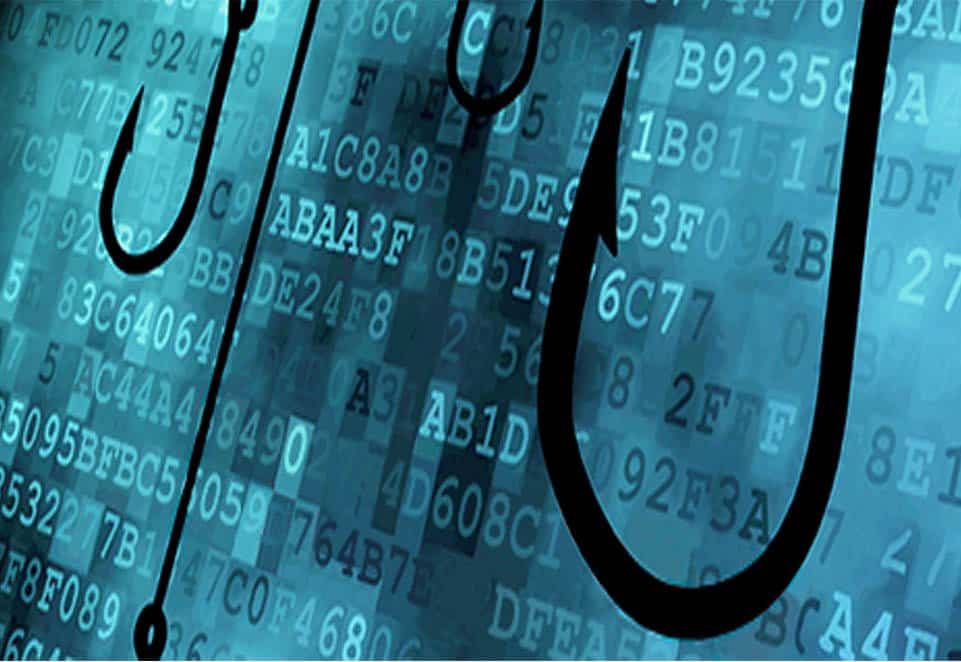HIPAA Compliance Alone Does Not Equal Data Security
Healthcare is one of the most regulated industries in the U.S. HIPAA, or the Health Insurance Portability and Accountability Act of 1996, requires healthcare organizations and their third-party service providers, such as labs and billing companies, to have data security measures in place protect patients’ private health information (PHI). HIPAA compliance is complex, and the penalties for non-compliance are stiff; if a facility’s PHI is breached, and it is found they were not compliant with HIPAA, the facility could face millions of dollars worth of fines. In some cases, company executives can even be held criminally liable.

C-level executives in the healthcare industry may not understand the intricacies of ransomware attacks or phishing schemes, but they do understand the seriousness of HIPAA compliance. They also fall into the trap of thinking that if their organization is compliant with HIPAA, that means their systems are safe. As a result, they devote most or all of their cyber security resources to complying with HIPAA.
HIPAA compliance is crucial – but a cyber security plan cannot start and end with HIPAA compliance.
HIPAA Compliance Is Only a Starting Point to Protect Patient Data
Today’s healthcare IT environment is highly complex. In addition to electronic health records (EHRs), mobile technology, cloud applications, electronic health exchanges, and Internet of Things (IoT) devices are growing in popularity. These technologies are making it easier for healthcare providers to deliver quality care and are improving patients’ lives, but each new gadget and application means new vulnerabilities for hackers to exploit.
In a recent survey of information security experts conducted by the Brookings Institution, most respondents indicated that they felt HIPAA does not sufficiently address modern healthcare data security issues, mainly because the law is light on specifics. HIPAA compliance is primarily about demonstrating that an organization has met certain documentation and procedural requirements. It does not outline precise technical safeguards.
The proof that HIPAA compliance is insufficient to protect against ransomware and data breaches is in the statistics. Healthcare is the most likely industry to experience a data breach. Nearly 90% of healthcare organizations – and 60% of third-party healthcare vendors – have experienced at least one breach. Nearly 80% have had two or more, and nearly 50% have had three or more.
Why Isn’t HIPAA Compliance Enough?
There are several reasons why HIPAA compliance does not provide full data protection on its own. First, it isn’t meant to. Technology simply changes too quickly for any legislation to keep up. By the time a new set of rules were written, they’d already be out of date! This is why HIPAA focuses on what organizations need to achieve, not on precisely how they should go about achieving it. Second, every organization’s IT environment is different. A data security plan that works well at one facility may fall flat at another. Finally, compliance rules cannot adequately address the threats posed by mistakes, negligence, or malicious acts on the part of a facility’s employees, which cause nearly half of all data breaches.
HIPAA compliance should be the starting point – not the entirety – of a comprehensive, proactive healthcare data security plan.
Many healthcare organizations do not have the resources to handle all of their information security needs in-house; many others don’t know where to start. This is why they should partner with a professional cyber security firm such as Lazarus Alliance. The cyber security experts at Lazarus Alliance have deep knowledge of the cyber security field, are continually monitoring the latest information security threats, and are committed to protecting organizations of all sizes from security breaches. We offer full-service risk assessment services and Continuum GRC software to protect companies from data breaches, ransomware attacks, and other cyber threats.
Lazarus Alliance is proactive cyber security®. Call 1-888-896-7580 to discuss your organization’s cyber security needs and find out how we can help your organization.

